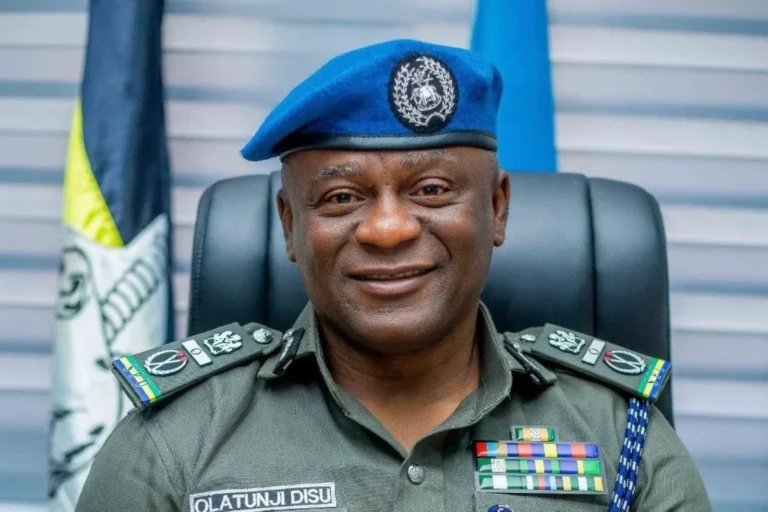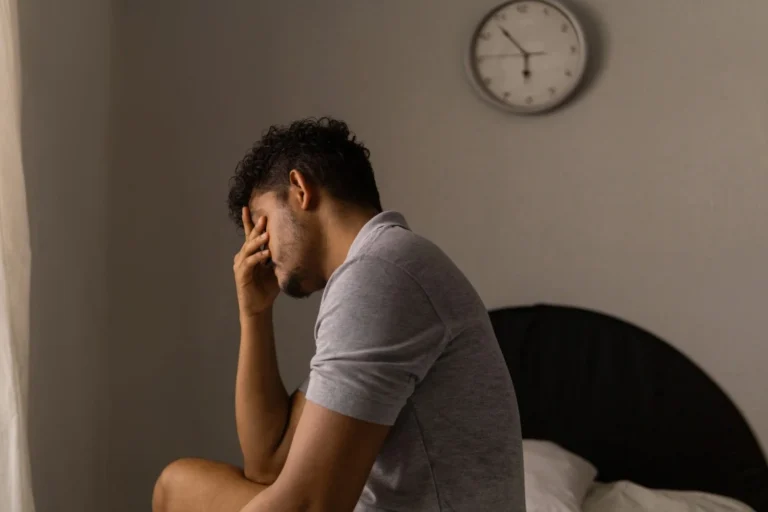
Bishop’s Plea to U.S. Over Religious Persecution Sparks Debate in Nigeria
Bishop Wilfred Chikpa Anagbe of the Catholic Diocese of Makurdi has urged the U.S. government to redesignate Nigeria as a Country of Particular Concern (CPC) due to rising Islamist attacks on Christians. His appeal, made during a testimony to U.S. lawmakers, has triggered sharp reactions in Nigeria, with Muslim leaders and government officials dismissing his claims as “unsubstantiated.”
Bishop’s Plea to the U.S. and Its Implications
The Bishop’s plea to U.S. officials is based on concerns over increasing violence against Christian communities. He described a worsening security situation, citing attacks by Islamist militant groups that have led to deaths, displacement, and destruction of churches. According to him, Nigeria’s removal from the CPC list in 2021 was a mistake, as religious tensions in Nigeria continue to escalate.
His appeal has reignited discussions on religious freedoms and security in Nigeria. Supporters argue that attacks on Christian communities have intensified, making international intervention necessary. However, critics claim that the issue is being exaggerated for political reasons.
Religious Tensions in Nigeria Escalate
Nigeria has long struggled with religious tensions, particularly between its Muslim-majority north and Christian-majority south. Bishop Anagbe’s statements have deepened existing divisions. Religious tensions in Nigeria remain a sensitive topic, with both Christians and Muslims accusing each other of bias and misinformation.
Government officials argue that the country is already addressing security concerns and that international interference could worsen the situation. They believe Nigeria should not be classified as a Country of Particular Concern, as such a move could affect diplomatic relations and economic investments.
Government and Muslim Leaders Respond
Several Nigerian Muslim leaders and government officials have firmly rejected the Bishop’s plea to U.S. lawmakers. They argue that reports of Islamist attacks on Christians are being overstated and that violence affects all religious groups in Nigeria. A government spokesperson stated, “The Bishop’s claims are misleading. Nigeria faces security challenges, but these challenges are not limited to any religious group.”
Some Muslim organizations have accused the Bishop of pushing a divisive agenda that could fuel hostility between Christians and Muslims. They insist that the government is making efforts to combat terrorism and banditry across the country, regardless of religious affiliation.
Islamist Attacks on Christians: A Growing Concern?
While critics downplay the Bishop’s concerns, many Christian leaders argue that Islamist attacks on Christians have become more frequent and targeted. Reports from international human rights organizations highlight cases of church burnings, abductions, and killings in regions plagued by extremist violence.
A recent report from Open Doors, a Christian advocacy group, ranks Nigeria as one of the most dangerous places for Christians. The group claims that Islamist attacks on Christians have resulted in thousands of deaths in recent years. Some analysts argue that labelling Nigeria as a CPC could push the government to take more decisive action against extremist groups.
The Role of the U.S. in Nigeria’s Religious Conflicts
Bishop Anagbe’s request places the U.S. in a difficult position. The decision to return Nigeria to the CPC list would have significant diplomatic consequences. While human rights organizations have urged the U.S. to intervene, some policymakers believe that direct involvement in Nigeria’s religious conflicts could have unintended effects.
The Bishop’s plea to U.S. lawmakers also raises questions about how international organizations should respond to religious persecution. The U.S. Commission on International Religious Freedom (USCIRF) continues monitoring religious tensions in Nigeria, but the decision to redesign Nigeria as a CPC rests with the U.S. State Department.
What Happens Next?
The controversy surrounding the Bishop’s plea to U.S. officials is unlikely to fade soon. Religious tensions in Nigeria are expected to remain high as both Christian and Muslim leaders continue to debate the issue. If the U.S. decides to take action, it could pressure the Nigerian government to intensify efforts against religious violence.
Meanwhile, Christian communities affected by Islamist attacks on Christians are calling for more security measures and government protection. Human rights activists stress that addressing religious violence requires long-term solutions, including dialogue, economic development, and improved law enforcement.
Conclusion
The Bishop’s plea to U.S. authorities has intensified religious tensions in Nigeria. While some view it as a necessary step to highlight Christian persecution, others see it as an exaggeration that could damage national unity. The debate over Nigeria’s CPC designation is far from over, and its outcome could shape the country’s future of religious freedom and security.



